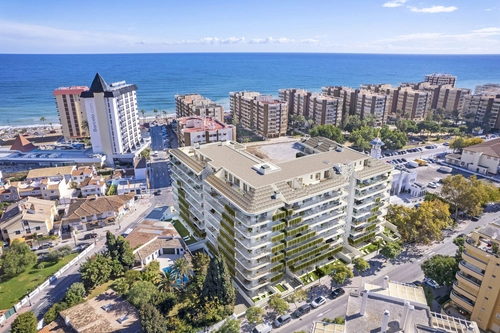Spain
New position of Spain on the Sahara issue and relationship with Morocco

Hungary’s Cordia expanding with luxury residential project Jade Tower in Spain – PHOTOS

Why is Hungary in the TOP10 most expensive places to rent cars?

Jobbik MEP Gyöngyösi: This is how the illiberal party family failed to be formed again

PM Orbán Putin’s Trojan horse in Europe?

Orbán urges de-escalation, peaceful resolution to Ukraine-Russia standoff

PM Orbán met with Marine Le Pen to discuss EU conservative cooperation

Hungarian PM Orbán visits Madrid and Paris for political talks
French, Serbian handball players dissatisfied with Hungarian Covid rules

Man wanted to open a Budapest-bound plane’s door: police investigating

Watch out! Fake Chinese honey sold with Hungarian label

PM Orbán and Spanish VOX to launch joint action against globalist left

Did Hungarian border protection set an example for other countries?
Algeria halts gas exports to Spain via Morocco

FM Péter Szijjártó: Hungarian-Spanish relations rest on mutual respect

Hungarian passport ranked top 10 in the world

Hungarian minister calls for halting illegal immigration on land, at sea

Is living in Hungary worth it? Prime Minister’s daughter moves abroad





 ZH
ZH IT
IT DE
DE HR
HR NL
NL FR
FR JA
JA RO
RO RU
RU ES
ES TR
TR
